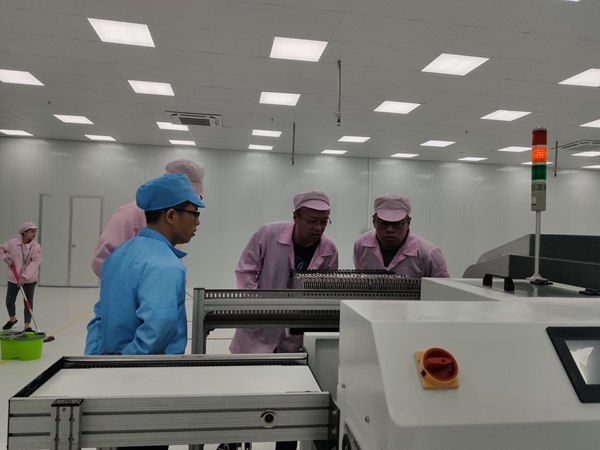New connections
By Fang Aiqing | China Daily | Updated: 2020-07-14 07:29

The group is estimated to include hundreds of thousands of people, says Wang Jianli, who works at the Chinese Academy of Social Sciences and is a member of Shi's team.
Unlike immigrant businesspeople from coastal areas in China like Guangdong, Fujian and Zhejiang provinces, as well as the Guangxi Zhuang autonomous region, Chinese managers are often specialized workers or mid-level administrative and technical management personnel from inland China.
With tacit knowledge about the local people-how they see the world, the ways they deal with things, what they need and how to interact with them-this group is able to find ways to improve production and build social connections in Vietnam.
However, some have moved back to China or started their own businesses in Vietnam. They're intermediaries of manufacturing transfers and cross-cultural understanding, Wang writes in an essay.
"China's private sector and civil society impressed me a lot during my research on the overflow of supply chains," Shi says.
He adds that while the private sector is calling for more effective and efficient regulations, government bodies should be subjected to more vigorous reform.
Most goods are produced piece by piece in several countries, meaning that the current global economic-governance system based on sovereign states is somewhat out of date.
Shi predicts companies from different countries that encounter shared problems will likely join hands to create a new "merchant order" to adapt to new challenges.
Shi is a scholar of diplomacy and history who sees China's comparative advantages in manufacturing as a lens to view China's relations with the world.
He insists this knowledge will be crucial for China to play a more constructive international role.
"Only by knowing about how history has unfolded can we get a clue as to where we are going. And the study of history helps us recognize who we are and how to plot the future," he says.
























